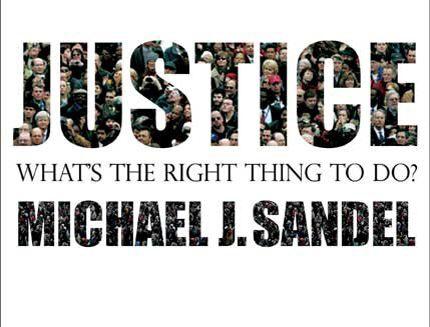It’s been a while since I’ve done a Book Briefs post, so I have a stack of books to go through, some of which I’ve read cover to cover, and others I’ve dipped into here and there, but all of which are worth commending.
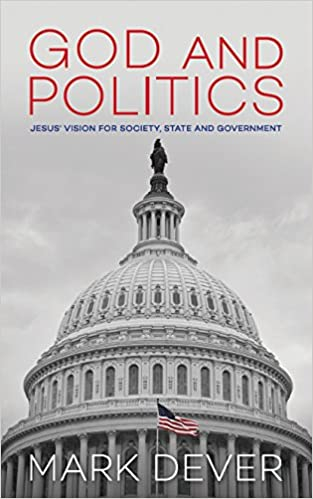
Mark Dever, God and Politics: Jesus’ Vision for Society, State and Government (10 Publishing, 2016). A terrific exposition of Mark 12:13-17 and a wonderful primer on how Christians should think about God and government. At fewer than 50 pages of text, this is a book you can read in one sitting and pass out to others. Dever’s careful and biblical conclusions provide a dose of sanity in a crazy political age.
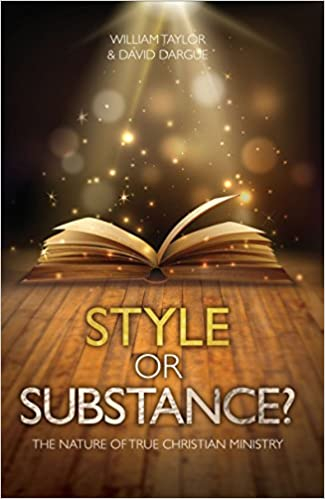
William Taylor and Dave Dargue, Style or Substance: The Nature of True Christian Ministry (Christian Focus, 2016). Flowing out of Taylor’s preaching at St. Helen’s Bishopsgate (London), these expositions on 2 Corinthians 2-7 are both an example of faithful Word ministry, and also a necessary reminder that all lasting ministry must prioritize substance over style.
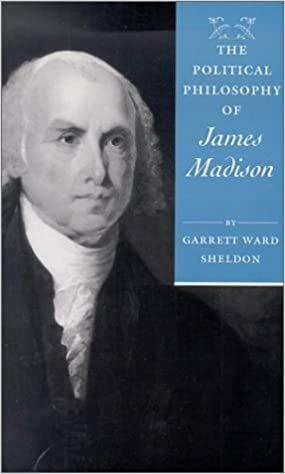
Garrett Ward Sheldon, The Political Philosophy of James Madison (Johns Hopkins University Press, 2001). Ward argues that Madison’s political philosophy was shaped by Lockean liberalism, classic Republicanism, and Protestant Christianity. Of special interest to me was Ward’s contention that we must not overlook John Witherspoon’s influence on the intellectual development of the Father of the U.S. Constitution.
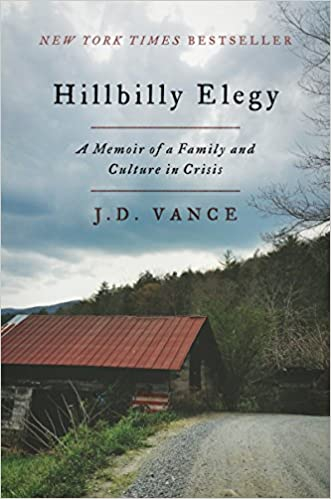
J. D. Vance, Hillbilly Elegy: A Memoir of a Family and Culture in Crisis (Harper, 2016). I’ve read so many reviews of the book that I decided I needed to read the real thing for myself. While very, very few 30somethings should write a memoir, Vance’s story—from hillbilly crudity, love, and dysfunction to success at Yale and in Silicon Valley—is so arresting (and extreme) that there really is a story worth telling. What’s more, Vance tells his own story with the right combination of critical distance, sympathy, and honest cultural reflection. I admit that after 250 pages of terrible profanities, I found the language grating, but then again, I’m not sure how he could have told the story authentically without conveying the vernacular he grew up with. I’ve concluded that my upbringing has almost nothing in it that relates to Vance’s hillbilly dysfunction or to his uppercrust Yale experience. I guess I’m a boring, middle class Midwesterner through and through. One final note: I’d love to know more of Vance’s faith. He clearly had some kind of conversion to Christianity as a teenager, but what role the church and Jesus Christ play in his life now is hard to tell. The book would have left me feeling more hopeful it it had more clearly spelled out the need we all have for God’s grace. But maybe that’s not the story Vance wanted to tell, or at least not the story Harper wanted told.
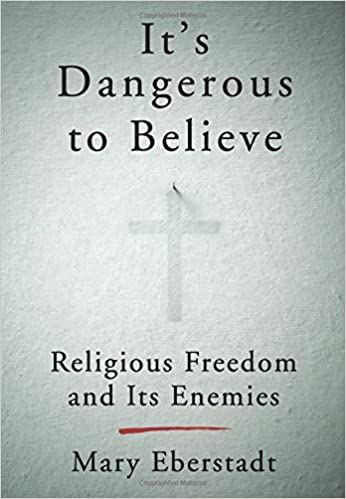
Mary Eberstadt, It’s Dangerous to Believe: Religious Freedom and It’s Enemies (Harper, 2016). If you think religious liberty is something to put in scare quotes or that right wingers have exaggerated the threats to our freedom, this short book is good place to start. Eberstadt details a host of concerning examples and puts them in a broader context of the new intolerance toward religion in the West.
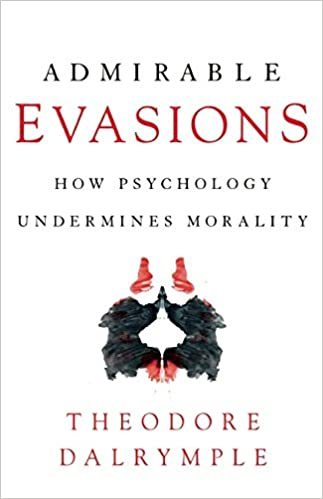
Theodore Dalrymple, How Psychology Undermines Morality (Encounter Books, 2015). Dalyrmple—a medical doctor and essayist—never writes a dull book. He’s always punchy and provocative. In this book he turns his acumen on the “admirable evasion” of blaming our immorality on our genes, our hard wiring, our chemicals, psychoses, or whatever.

Caroline Winterer, American Enlightenments: Pursuing Happiness in the Age of Reason (Yale, 2016). The key word in the title, or actually the key letter, is “Enlightenments.” Winterer joins the growing chorus of historians who argue that there wasn’t just one thing called The Enlightenment, but rather “multiple strands of conversations that cohered around the conviction that human reason might be applied to better the human condition” (7).
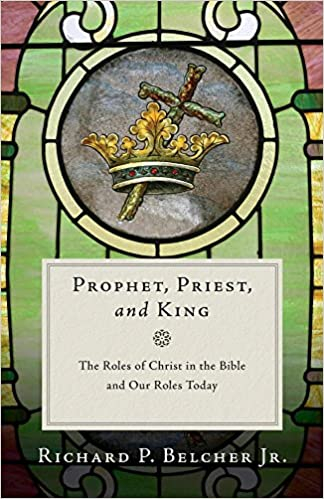
Richard P. Belcher Jr., Prophet, Priest, and King: The Roles of Christ in the Bible and Our Roles Today (P&R, 2016). It’s hard to believe there aren’t more go-to books on this crucial topic. Belcher, a professor of Old Testament at Reformed Theological Seminary (Charlotte), has written an excellent monograph on the offices of Christ that seeks to put the roles of Christ in their proper biblical, theological, and pastoral context.
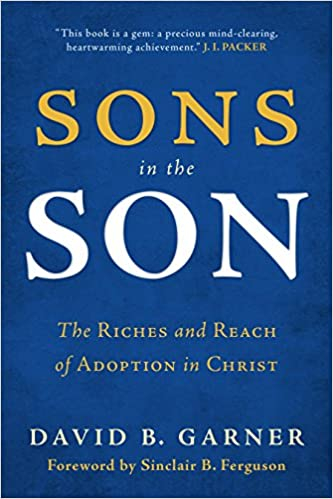
David B. Garner, Sons in the Son: The Riches and Reach of Adoption in Christ (P&R 2016). What Belcher does for the office of Christ, Garner, a professor of systematic theology at Westminster Theological Seminary, does for the doctrine of adoption. Both books are scholarly, geared for students and pastors more than for a typical lay audience. But serious church members will find plenty of good, accessible material in both. Garner’s passion for the subject matter shows throughout the book.
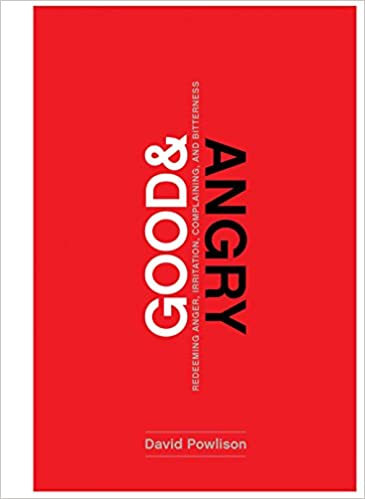
David Powlison, Good and Angry: Redeeming Anger, Irritation, Complaining, and Bitterness (New Growth Press, 2016). If it’s about the human condition and David Powlison wrote it, I read it. This is what you’d expect from Powlison: good illustrations, great questions, unflinching diagnosis, and hope for redemption. I never thought of myself as an angry person . . . until I had a lot of kids. Now I know I need a book like this.



